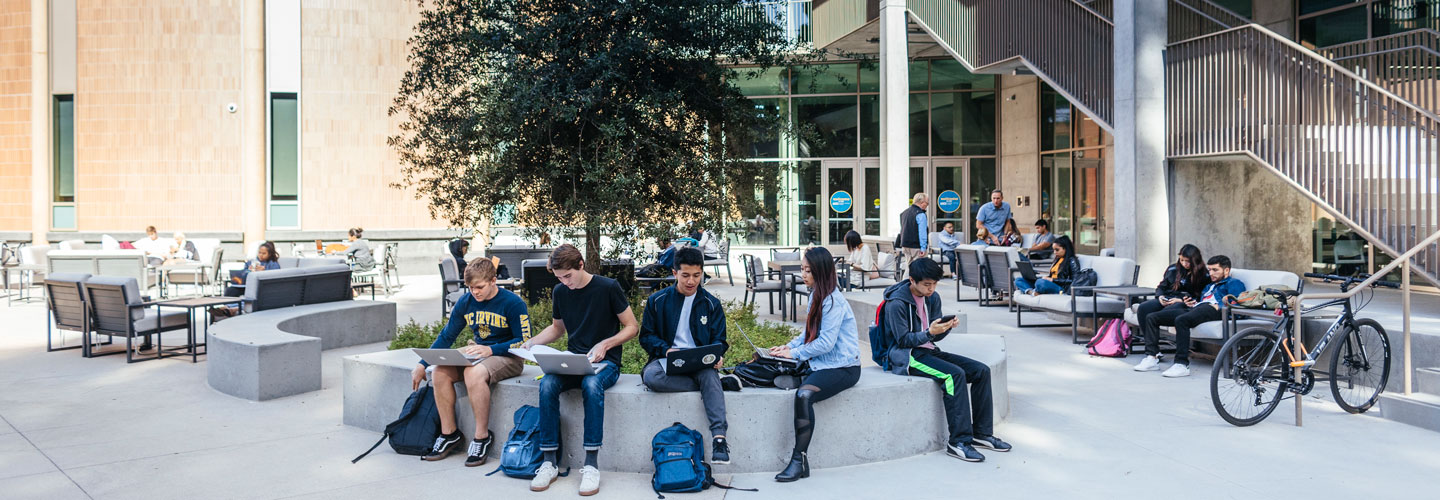
Schools
Learn about UC Irvine’s schools, including degree offerings, research areas and professional pathways
Schools and Units - Results
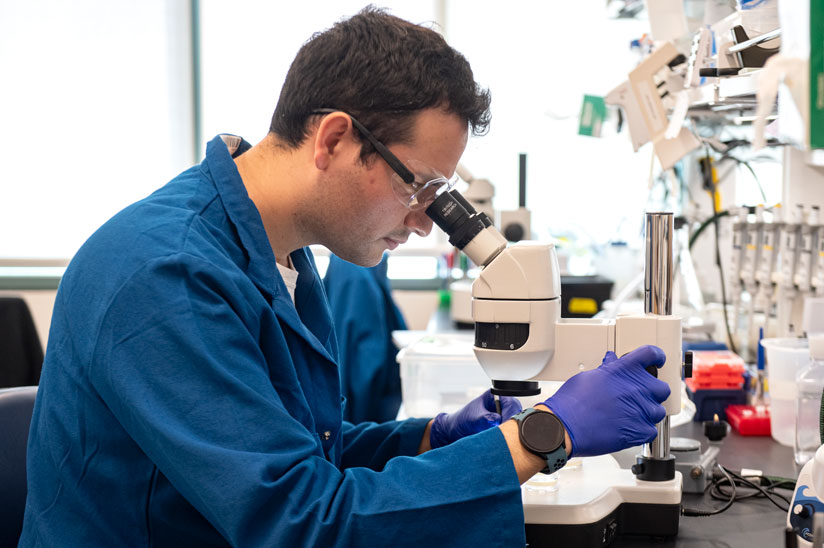
Charlie Dunlop School of Biological Sciences
A leader in life sciences, driving discovery in biology, health and the environment while training the next generation

Claire Trevor School of the Arts
Fostering creativity through performance and interdisciplinary innovation in visual arts, dance, drama and music
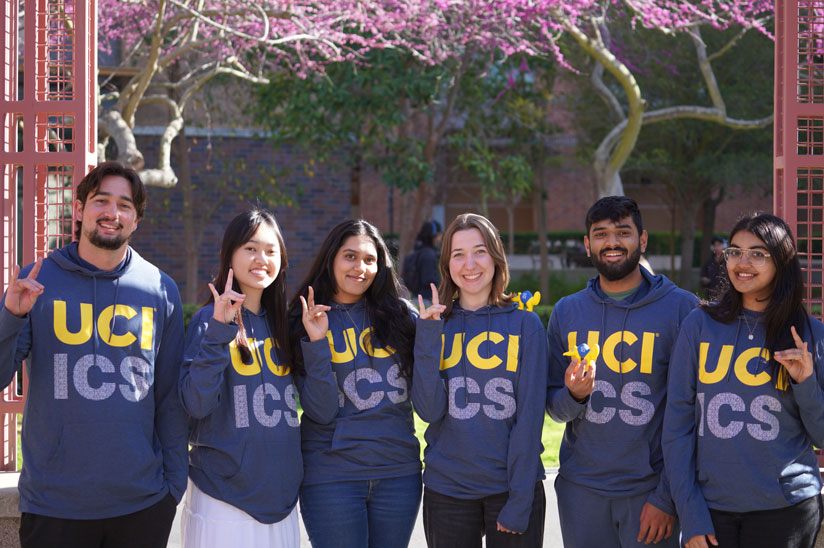
Donald Bren School of Information & Computer Sciences
Building the future of computing through discovery, entrepreneurship and experiential learning
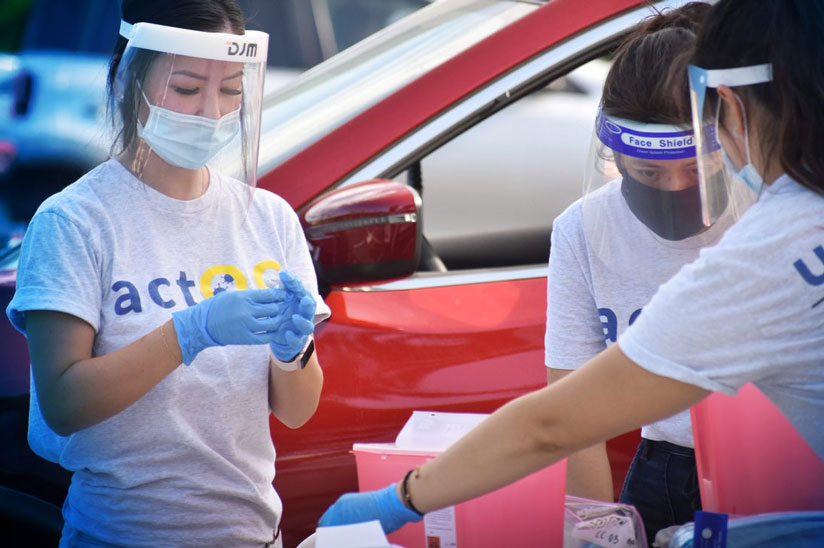
Joe C. Wen School of Population & Public Health
Addressing the most urgent public health challenges through innovative research, teaching and practice

Paul Merage School of Business
Training for leadership in today’s digitally driven economy with undergraduate degrees, MBAs and specialty programs
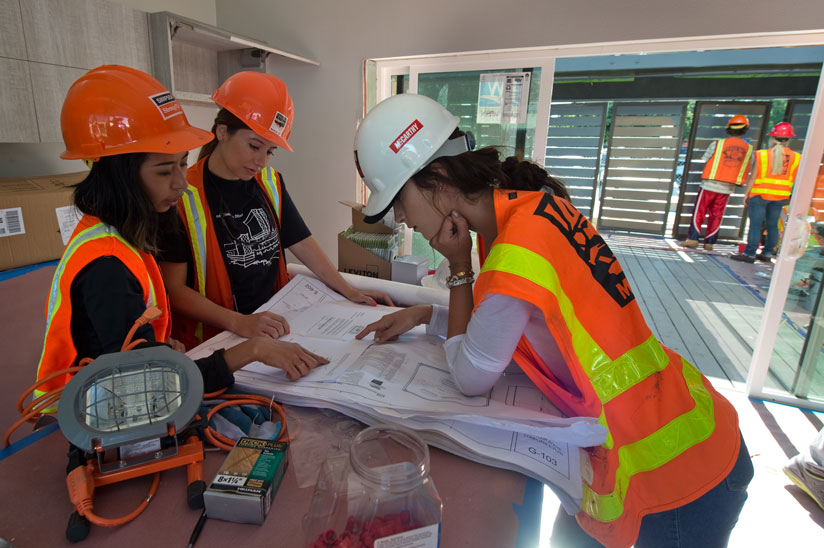
Samueli School of Engineering
Unleashing innovation, creating opportunities, inspiring ingenuity
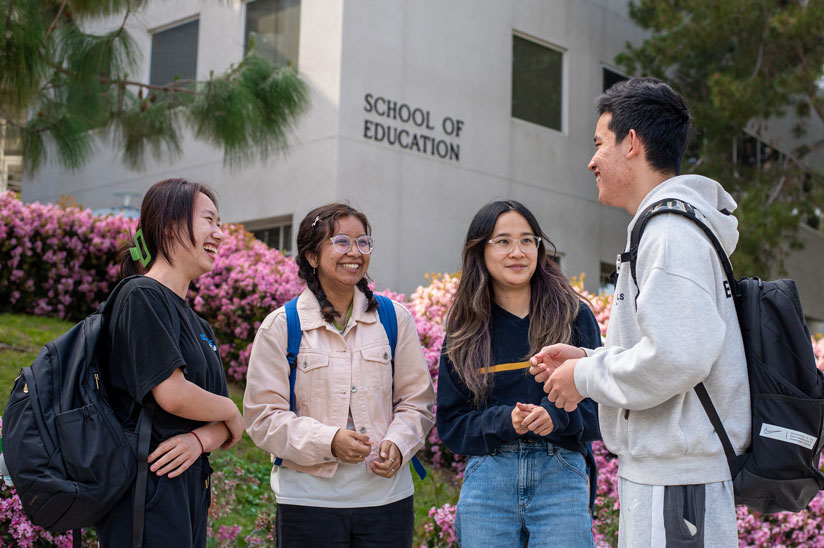
School of Education
Leading the next generation of learning through programs designed to transform educators and impact communities

School of Humanities
Examining the past, reimagining the future through language, culture, ethics and critical thought

School of Law
Training talented and passionate lawyers through academic excellence, intellectual rigor and a commitment to public service
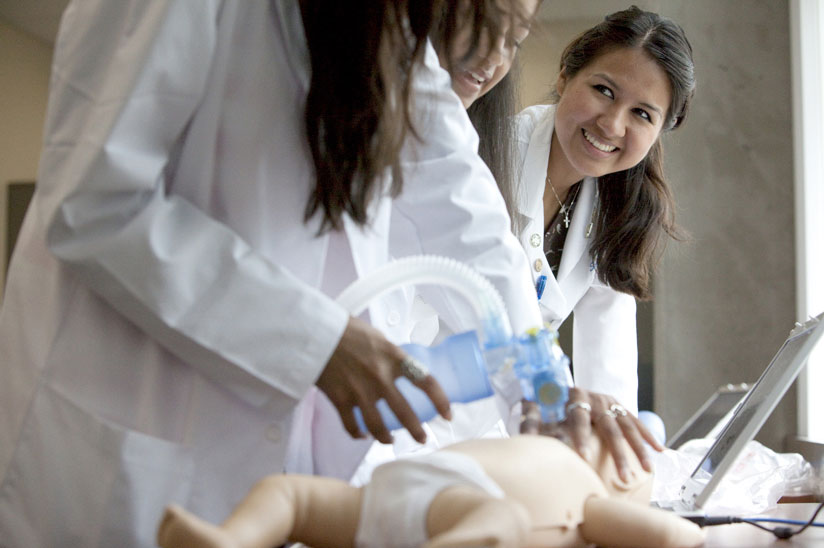
School of Medicine
Transforming health through education, clinical excellence and breakthrough medical discovery
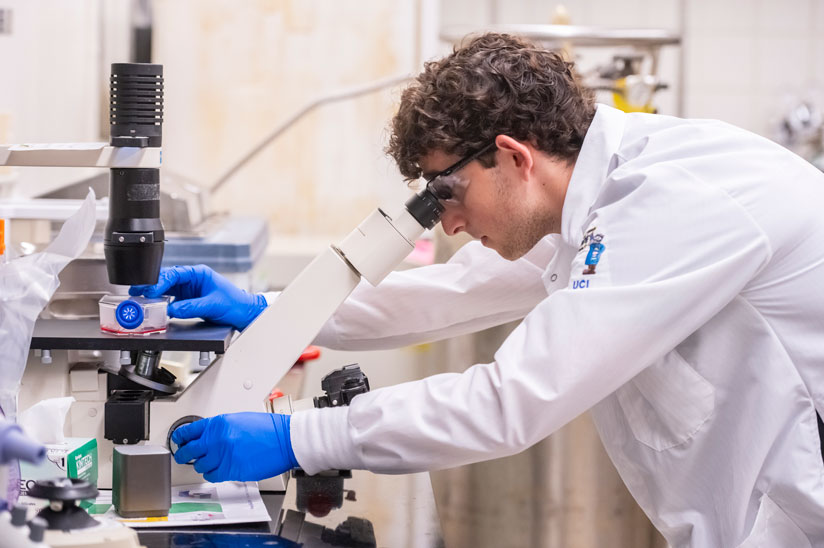
School of Pharmacy & Pharmaceutical Sciences
Leading pharmaceutical discovery and clinical innovation through integrated research and patient-focused education
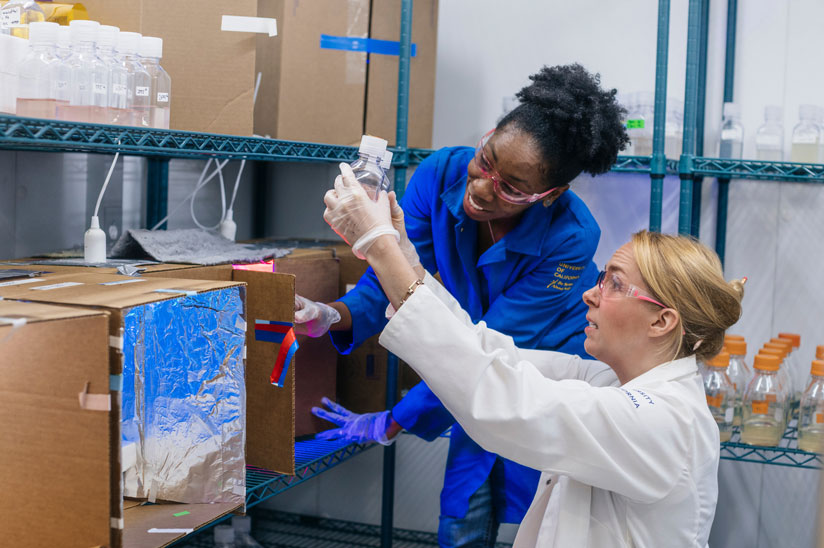
School of Physical Sciences
Exploring chemistry, physics, Earth systems and math in a collaborative environment that drives scientific discovery
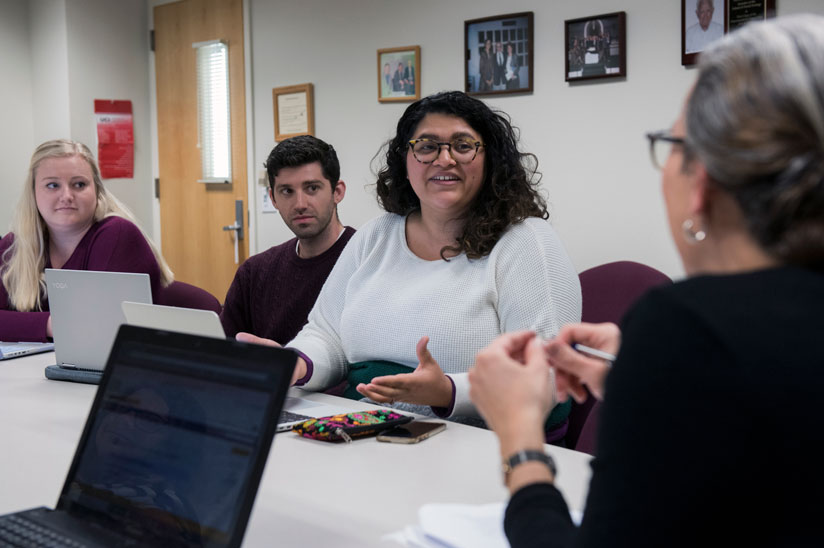
School of Social Ecology
Studying human behavior and social systems with programs in psychology, criminology, urban planning and environmental analysis
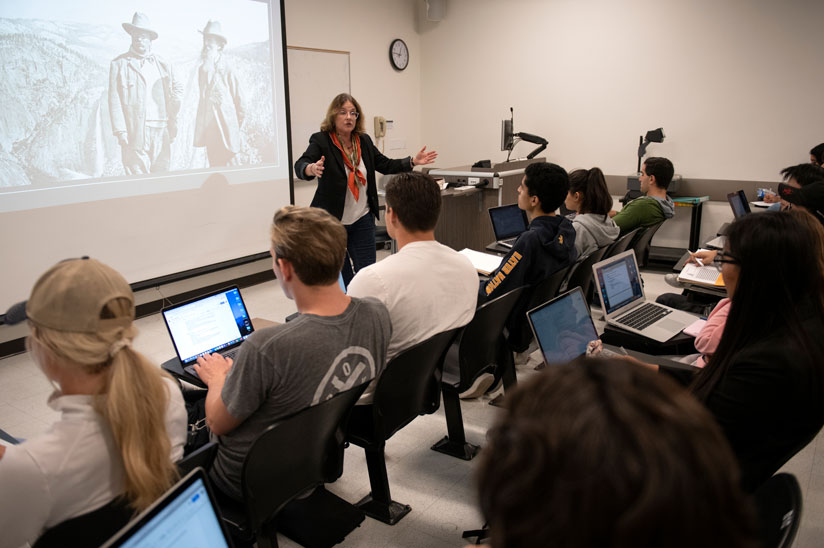
School of Social Sciences
Creating positive change in societies, in economies and for human well-being through bold, interdisciplinary collaboration
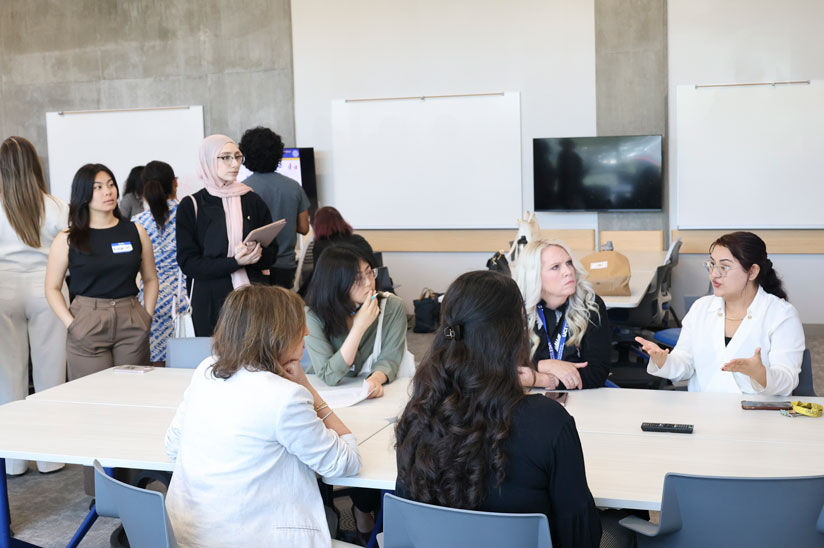
Sue & Bill Gross School of Nursing
Driving equity-focused research and innovation that supports community and population health